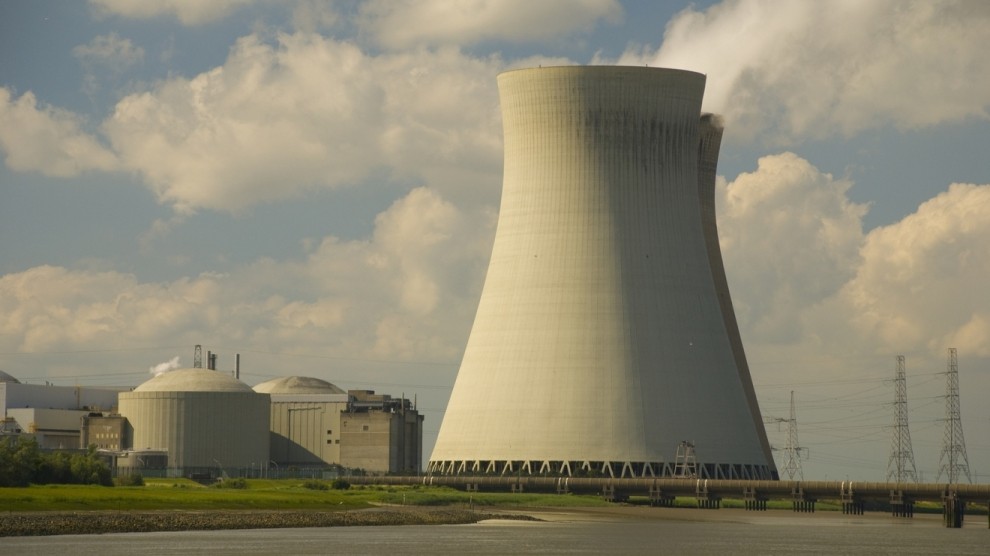Bulgaria’s government approved Wednesday plans to add a new reactor at its Soviet-era nuclear power plant at Kozloduy, effectively ditching another project to build a new plant at Belene.
At its weekly session the cabinet backed “the building of unit 7 at Kozloduy with the available equipment from the project for the Belene nuclear power plant,” the government press service said in a statement.
The decision followed energy ministry talks with the US nuclear engineering company Westinghouse for a hybrid solution for a new unit at Kozloduy with US technology that would make the maximum use of Russian equipment which Bulgaria has already purchased for Belene.
Neither the cabinet nor the energy ministry provided details about the estimated cost of the project but expressed hopes that the new reactor can become operational in 10 years’ time.
The Kozloduy plant in northern Bulgaria currently operates two Soviet-built 1,000-megawatt units after shutting four smaller ones for safety reasons to secure the country’s EU accession in 2007.
The plant supplies one-third of the country’s electricity and the government recently extended the two reactors’ lifespans until 2027 and 2029.
To compensate for Kozloduy’s partial closure, Bulgaria had long been looking into options to build a second twin-reactor plant at Belene, also in the north.
It had already ditched the project once in 2012, scrapping a deal with Russia’s nuclear company Atomstroyexport while ending up with equipment that included two 1,000-megawatt reactors for the new plant.
Some nuclear experts had also questioned the viability of a project as large as Belene because neither Bulgaria nor its neighbours are expected to need new energy sources before 2035.
Bulgaria has recently come under US and EU pressure to limit its huge energy dependence on Russia.
The US nuclear industry has shown interest in the region recently, with AECom vying to finance two more reactors at Romania’s only nuclear plant at Cerna Voda, which lies near the border with Bulgaria.

